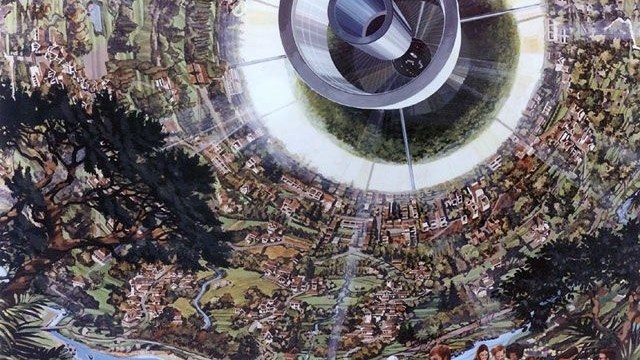Should we trust science?
Science is given a privileged position in society. It is widely thought to be the ultimate arbiter of what constitutes true and false beliefs. Those who hold such a position claim that real-world problem-solving and technological advances are proof that science works. But there are objections. Yes, science can extend our lives with modern medicine, but it can also end them prematurely with nuclear bombs. Science and technology can make us wealthier, but they can’t fix inequality. In this age of widespread mistrust of authority, we may first need to answer a very basic question: Should we trust science?
Richard Dawkins: There is a kind of whispering campaign—more than a whispering campaign, sometimes a yelling campaign—against the value of objective truth. […] Science’s belief in objective truth works. Engineering technology based upon the science of objective truth achieves results: it manages to build planes that get off the ground, it manages to send people to the moon and explore Mars with robots, and land robotic vehicles on comets. Science works. Science produces antibiotics, it produces vaccines that work. So anybody who chooses to say, “Oh, there’s no such thing as objective truth, it’s all subjective, it’s all socially constructed,” tell that to a doctor, tell that to a space scientist.
“If Wikipedia had been around a couple hundred years ago…”
“…we probably would have had an article that says that the Sun revolves around the Earth, because that was what we understood to be true. So we’re not really in the business of truth or facts, we’re in the business of what is known, and what has been determined through consensus—scientific consensus or otherwise. And I think that that actually provides some clarity on how to understand what information you’re looking at.”
“Science is not a satchel of knowledge. It’s a way of querying nature and a way of querying other people who are making claims about nature.”
“That’s where the empowerment comes from. It’s an inoculation against charlatans. That’s how you’re going to know the difference going forward.”
“What is philosophy and why do we need it?”
“Philosophers are in the business of trying to fit all of that together so that we have a picture of where people stand at a particular moment in time and how lives are problematic so that we can be in a position to diagnose ways in which we might go forward.”
Eric Schlosser: There’s a natural kind of instinct to just get into bed, pull the sheets over the head, and not deal with this or dig a bunker and, you know, install high-speed internet, and protect yourself from it. But there’s all kinds of ways that ordinary people can get engaged in this issue, get active on this issue, and make change. The two greatest dangers that we face in this country, existential dangers, are climate change and nuclear weapons. And the thing about climate change is, you know, maybe it can be reversed. Maybe the harms can be, you know, reduced. But the detonation of a nuclear weapon is going to be instantaneous and it’s going to be irreversible. And so that’s something that I think we really need to be focusing on as well as climate change.
Maybe that is the reason why we don’t see aliens in outer space. Maybe they never made it.
Maybe one day when we have starships and visit them we’ll see atmospheres that are irradiated because they had a nuclear war, atmospheres too hot to sustain life because they had a runaway greenhouse effect. Maybe when we go in outer space we’ll see the corpses of type one civilizations that never quite made it. Who knows?

















